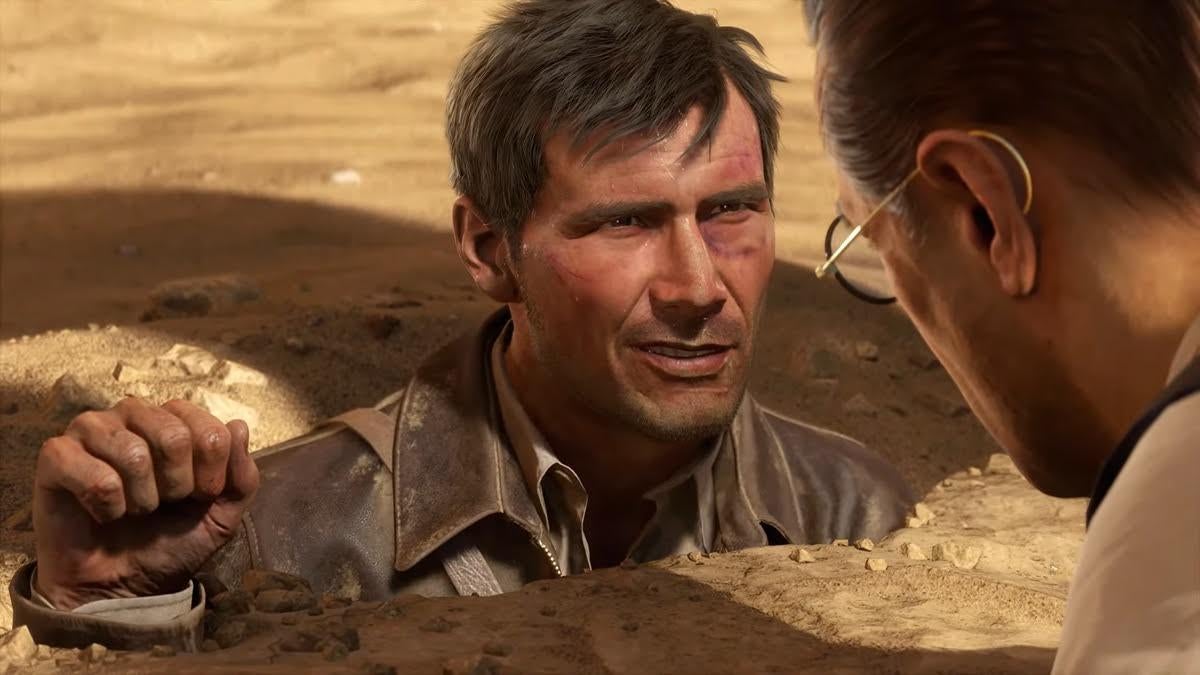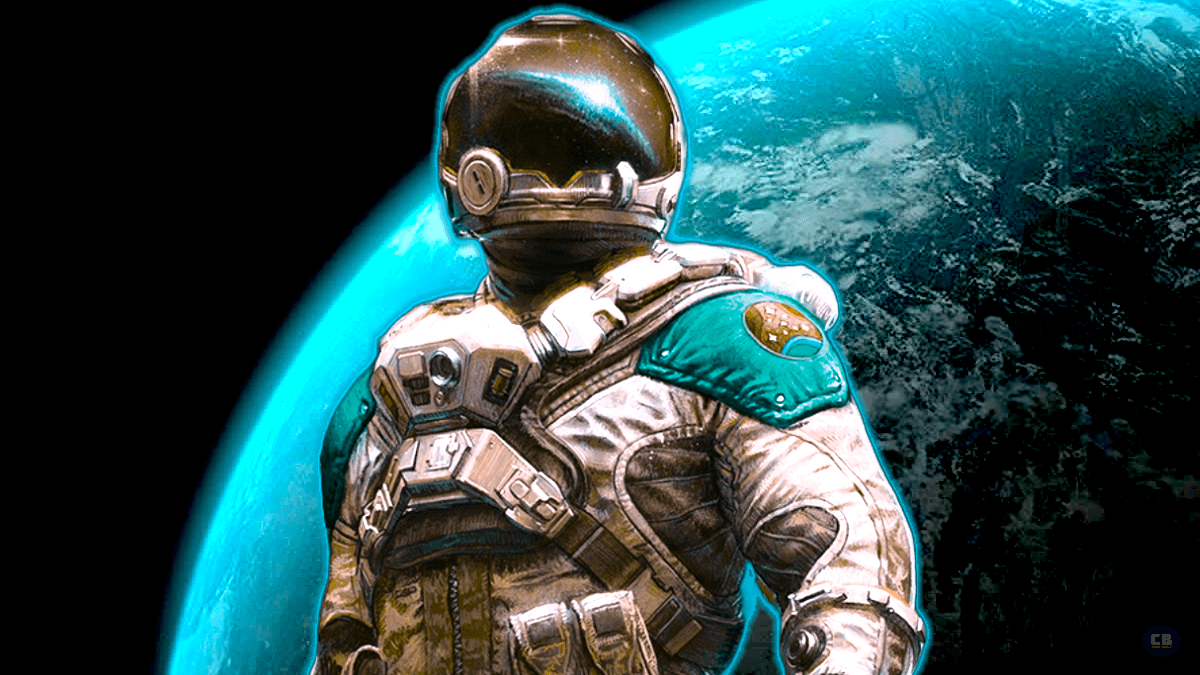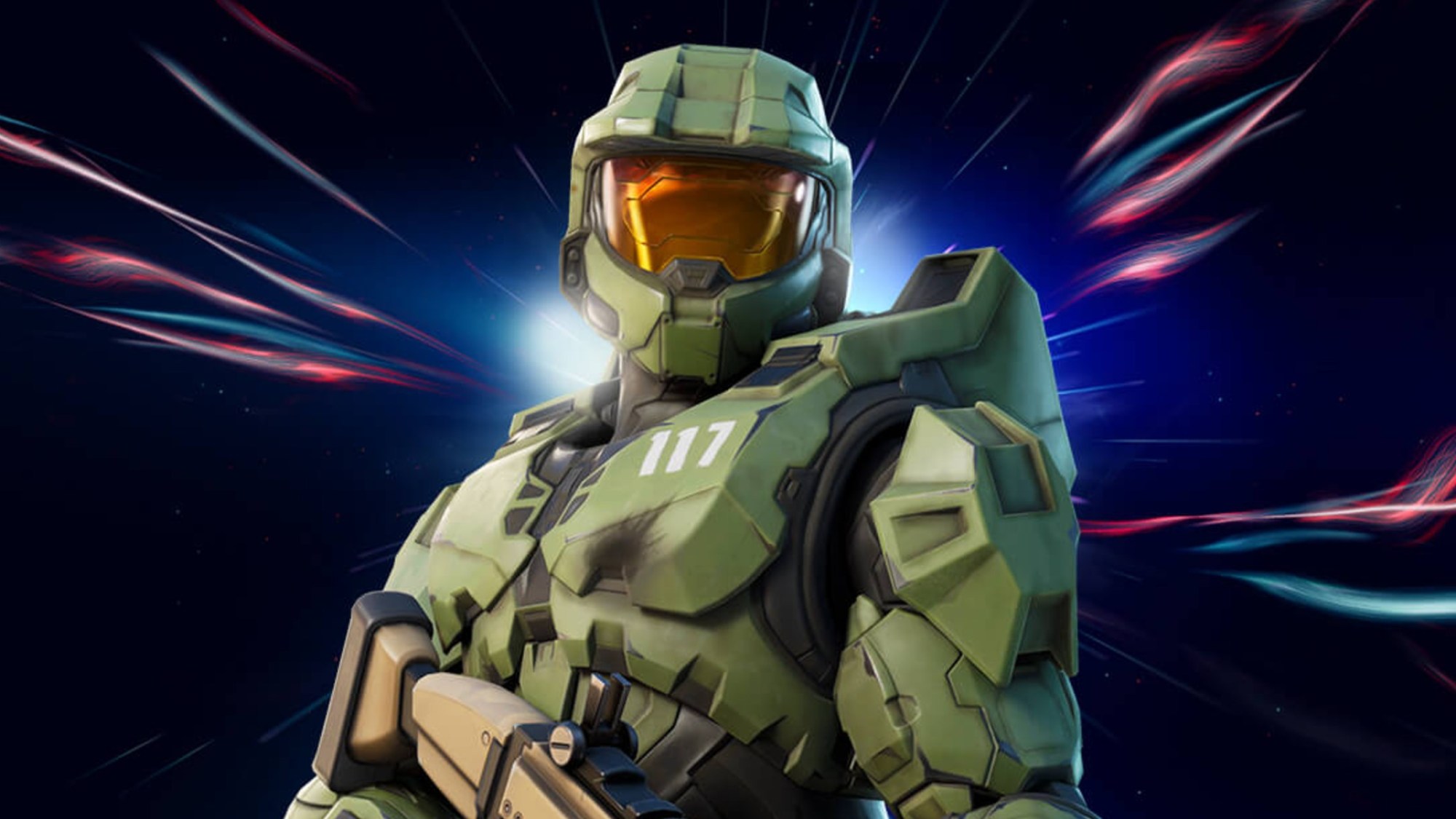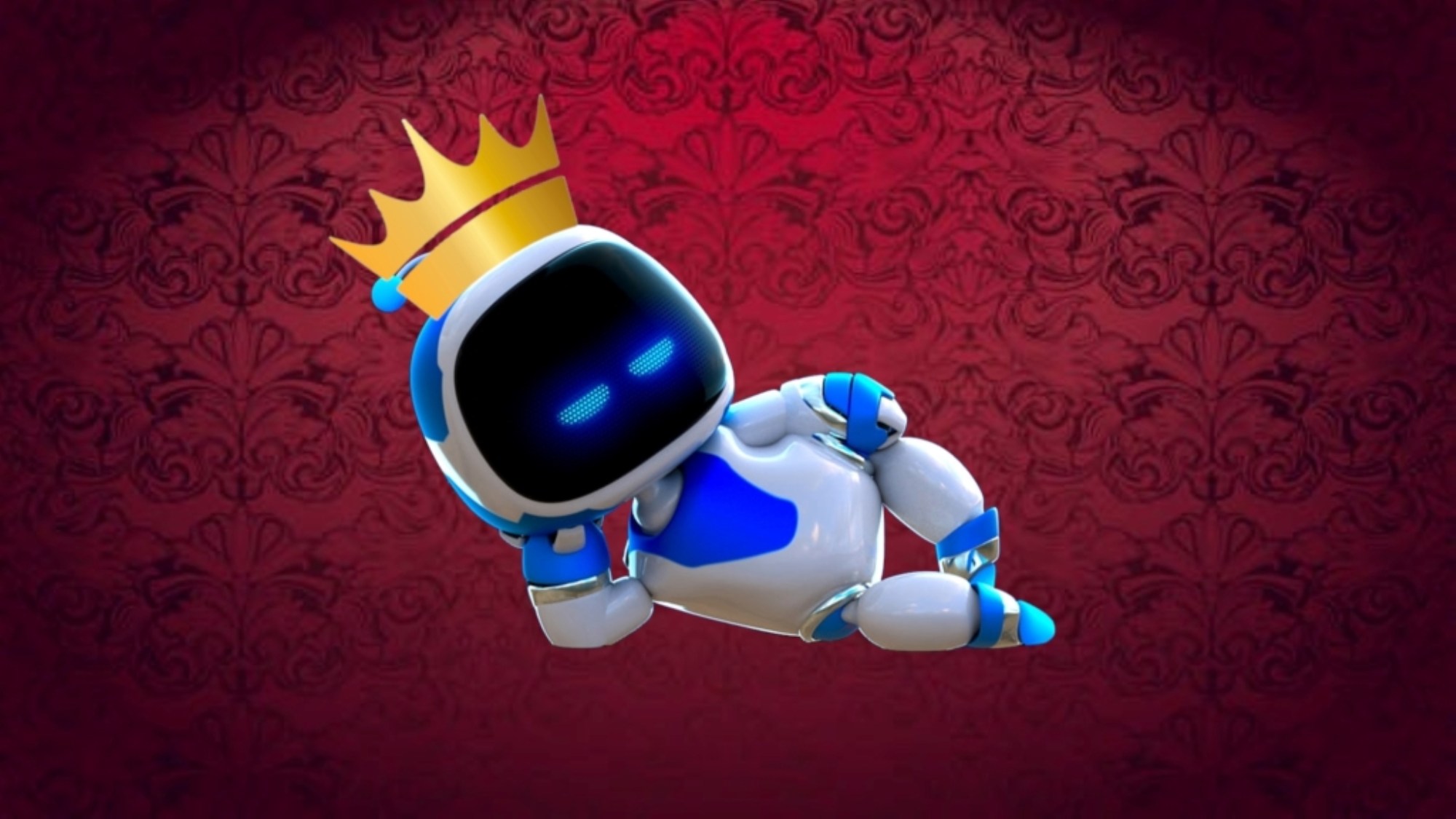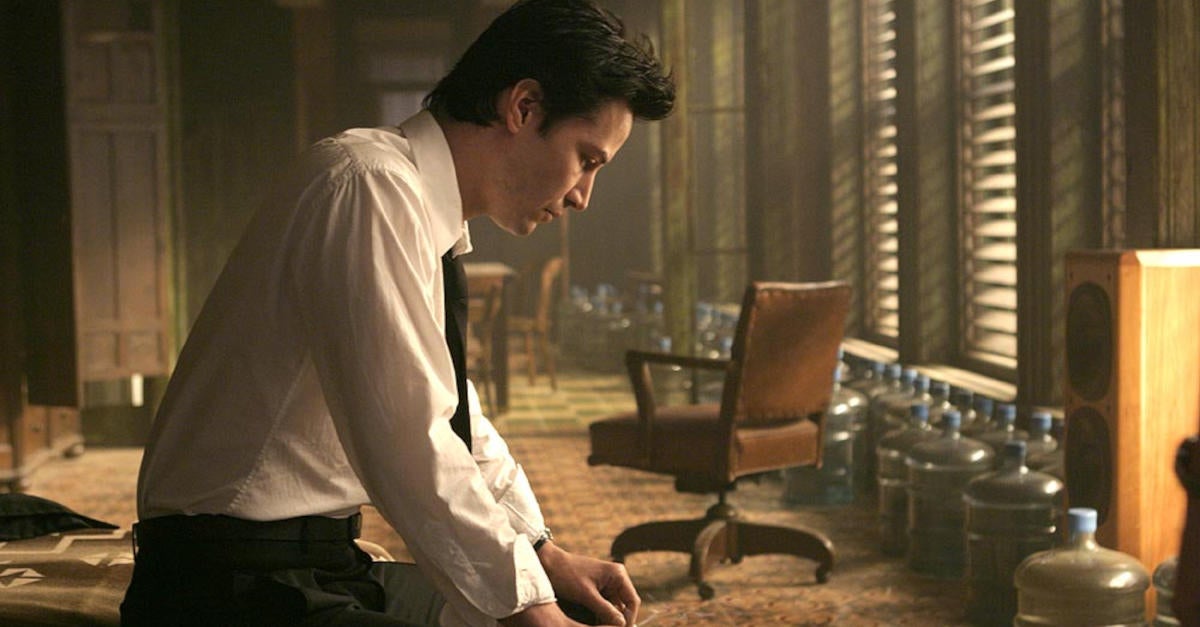The video game industry has evolved a lot since its inception many decades ago. Not just in terms of gameplay and graphics, but also with how we consume games. I am a huge fan of some of these innovations, such as being able to play games on Xbox Game Pass, via handhelds like Steam Deck or Nintendo Switch, or even playing a console game on my iPad via the cloud. However, the industry has also evolved in some ways that really irk me.
Videos by ComicBook.com
The thing that has gotten me really fired up lately is the ongoing trend of paying to get video games early. I’m not talking about people who slide an extra $40 to the guy behind the counter at a mom and pop shop to get an early copy of a game under the radar. I’m talking about the trend of video game publishers charging $20 – $30+ to play a game a few days before its “official” release date. It’s scummy and it’s more or less just really creative marketing, because you’re not getting anything “early,” you’re just paying more for it.
One of the first big examples I can remember for an “early” video game release goes back to 2014 (though there may have been others prior to this). In the lead up to Call of Duty: Advanced Warfare, Activision announced that anyone who pre-ordered the game would get upgraded to the “Day Zero” edition, which allowed players to play it on November 3rd instead of its worldwide release on November 4th, 2014. It didn’t cost anything extra, but it did incentivize people to pre-order.
However, when you make it so easy to get the game this way, it’s not really an “early” release, is it? That just becomes the new release date for the game. I am sure there were many cases of people walking into GameStop stores that day and just buying a copy off the shelf without having pre-ordered. Anecdotally, I had no trouble getting pre-order bonuses for games I didn’t even pre-order by simply asking the GameStop employee. I can’t imagine this would be any different so long as there were extra copies, which there probably were for a big release like Call of Duty.

Sports games like NBA 2K and Madden would copy this tactic in the following years with the former doing an “early tip-off” weekend, giving players who pre-ordered four days of early access. However, Madden NFL 18 allowed players to pay $79.99 (an extra $20) to play three days early via its “GOAT Edition.” The following year, 2K stopped being so nice and made it so NBA 2K19 players could only gain that four days of early access by buying the game’s $99.99 special edition. Since then, these sports games have made it a tradition to offer early access through these more premium versions of the game.
As you might expect, this proved to be extremely popular for the long-awaited EA Sports College Football 25 last summer. EA reported it had pulled in 2.2 million players during the game’s early access period, which was gatekept to the game’s $99.99 deluxe edition. Of course, it should be noted that these premium early access periods are offered in addition to a bunch of in-game goodies too, but the early access is certainly the biggest selling point.
This has stretched beyond sports games, though. It’s a big part of major releases nowadays. Hogwarts Legacy, Starfield, Indiana Jones and the Great Circle, and Star Wars Outlaws are just some of the games to recently release with premium early access. Assassin’s Creed Shadows also planned to have this as well, but dropped it after delaying the game.
So, what’s the big deal? Well, it’s all very artificial. It’s squeezing extra money out of people who are really excited for something. As already noted, you’re not really getting the game early. You’re getting it the day it releases and paying more for it. It just becomes cheaper a few days later. There’s a stark difference between the early copies reviewers get and the ones consumers are paying for.

A reviewer might get a game a couple of weeks early and sometimes the game isn’t technically “done.” I have gotten hundreds of games before release for review and many times, I have been playing the game before a day one patch which can fix some glaring issues. The review copy I played for Days Gone was a night and day difference from the game people played at launch because they got a big day one patch that fixed some glaring problems with the game. A lot of times publishers will even send you a list of problems they are aware of and plan to fix before the game comes out so you can try and account for it in your coverage.
That generally isn’t a factor for the premium early access releases. Those are typically the “finished” game and will often be the same exact game the people who buy the standard version a few days later play. There are exceptions to this, of course, as games are launching in broken states with or without early access somewhat frequently, but the point stands. You are getting the intended product, one way or another.
In the case of Indiana Jones and the Great Circle and Starfield, it’s even more scummy. Xbox is fully aware the vast majority of players are going to play the game through Xbox Game Pass and won’t buy a copy. That’s the business model they’ve created. However, they’ve realized they can get Game Pass players to cough up an extra $30 or so to play these games early. They purchase an upgrade to the premium edition for a game they don’t even own just so they can play it early through Game Pass. It’s just a way for Xbox to get some extra money out of these people without them even having to own the game.
Some have speculated that Rockstar Games will charge a premium price for GTA 6 due to its high development cost and the fact that people would probably pay for it because they’re so excited. I personally don’t think that will happen because it’s going to make billions no matter what and GTA Online will be heavily monetized, but I wouldn’t rule out a special edition with three days of early access for $100.
It’s a trend that needs to stop and ideally, that starts with the consumer. Have some patience and wait a few days to play the game without paying the extra money. It can be a bit frustrating to watch others having fun with the game before you, but the less people do this, the more of a message it will send. The one possible good thing that comes out of this trend is that it slows down the publisher’s need to raise prices on games, but they already have tons of other ways to monetize games with things like battle passes, skins, and DLCs.
I hope we can pump the brakes on this soon and stop tricking people into thinking they are actually getting something early. I have gotten to see movies like Top Gun: Maverick, The Batman, and Joker: Folie a Deux at early “fan screenings” and those were actually early, because they were just a single showing a week before release. And better yet, they didn’t have any kind of premium upcharge associated to them because they were early showings. It would be nice if the gaming industry wasn’t so obvious with its greed sometimes, but maybe that’s too much to ask for.
